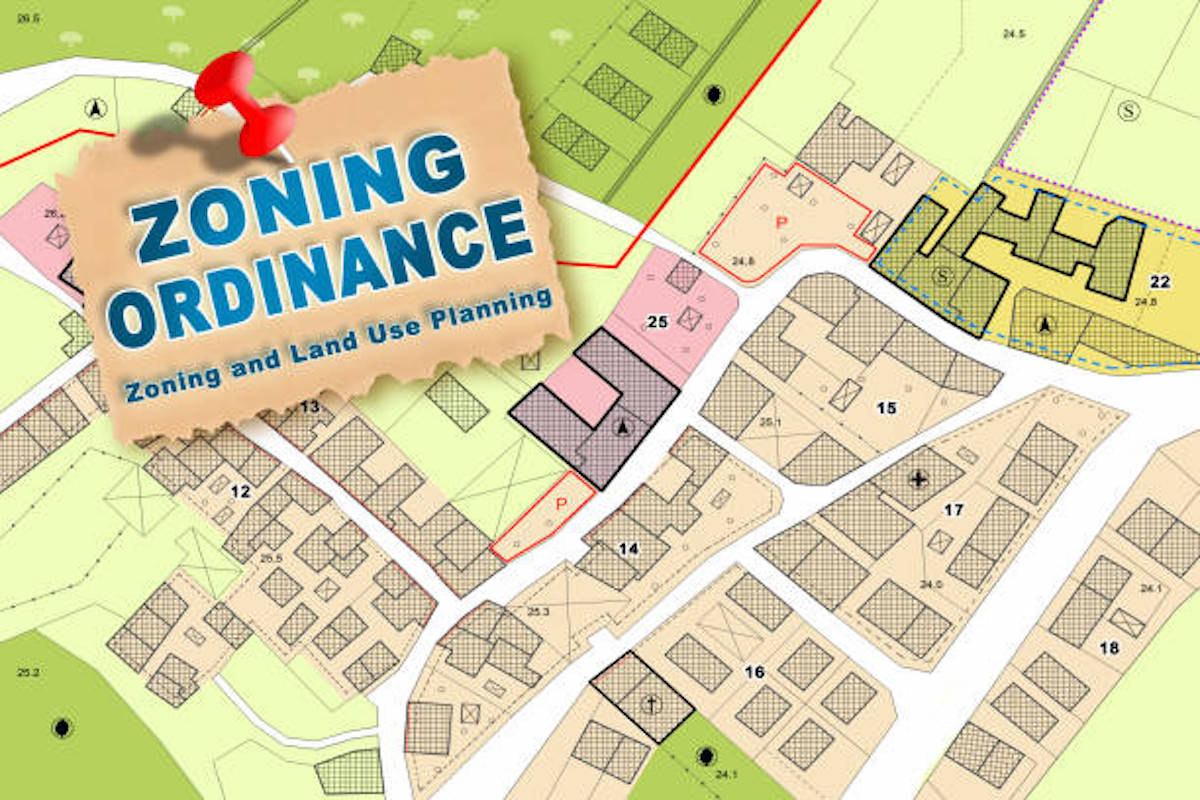Bali, known for its breathtaking landscapes and vibrant culture, has become an attractive destination for real estate investment. However, navigating the zoning regulations in this tropical paradise can be a complex endeavor. Understanding and adhering to these rules is vital for any successful real estate project on the island. In this article, we’ll explore effective strategies to ensure compliance with Bali’s zoning laws while maximizing the potential of your property investments.
Conduct Thorough Research and Due Diligence
Before embarking on any real estate project in Bali, it’s imperative to conduct thorough research and due diligence regarding the zoning regulations applicable to your specific location. Bali’s zoning laws can vary significantly from one area to another, and understanding these distinctions is paramount. For instance, areas designated as agricultural may have strict restrictions on development, while designated tourism zones may have more lenient regulations.

Engage with local experts with a deep knowledge of the region’s zoning codes. Real estate attorneys, architects, and zoning consultants can provide invaluable insights into the specific requirements and limitations that apply to your chosen property. They can also help you navigate the intricacies of the permit application process, ensuring that all necessary approvals are obtained.
Engage Professional Assistance
Navigating Bali’s zoning regulations requires a deep understanding of local laws and practices. Engaging the services of skilled experts, such as local architects, real estate attorneys, and zoning consultants, can be invaluable. These professionals possess the understanding and skills to ensure your project complies with all relevant zoning requirements.
They can provide invaluable insights and guide you through obtaining the necessary permits and approvals. For example, a seasoned architect familiar with Bali’s zoning codes can design a project that optimally utilizes the available space while adhering to height restrictions and setback requirements. A real estate attorney can offer legal guidance, ensuring all documentation and applications are correctly filed and compliant with local laws.
Leverage Community Engagement
Building solid connections with the local community can be crucial in successful real estate ventures in Bali. Engaging with community members, attending local meetings, and understanding their concerns and preferences can help foster goodwill and support for your project. This proactive approach not only demonstrates your commitment to being a responsible developer but can also lead to smoother interactions with local authorities during the approval process.
For instance, if your project includes amenities or features that benefit the local community, such as a public park or improved infrastructure, highlighting these aspects can garner support from residents. Additionally, addressing any concerns raised by community members transparently and respectfully can help build trust and goodwill.
Read More:
Tips for Running a Successful Boarding House Business in Bali
Optimize Design and Land Use
Adhering to zoning regulations often requires careful consideration of the property’s design and land use. Tailoring your project to align with the specific requirements of the zoning code can help streamline the approval process. Work closely with architects and designers who have a deep understanding of Bali’s zoning laws to create a plan that maximizes the property’s potential while adhering to all regulatory constraints.
For example, if you’re developing a property in a coastal area with restrictions on building height to preserve scenic views, a skilled architect can design a low-profile, aesthetically pleasing structure that still provides the desired amenities and functionality.
Seek Variances and Special Permits
Sometimes, it may be necessary to seek variances or special permits to deviate from certain zoning requirements. This can be a complex process, but it’s an avenue worth exploring if it enables you to unlock the full potential of your property. Engage with legal and zoning experts who can guide you through the application process and present a compelling case for any variances or special permits you may require.
For example, suppose a zoning regulation restricts the number of units you can build on a particular parcel of land. In that case, you may seek a variance based on unique circumstances or a special permit for a specific type of development, such as affordable housing.
Stay Informed and Flexible
Bali’s real estate market and zoning regulations are subject to change, influenced by tourism trends, infrastructure development, and government policies. Staying informed about these shifts is essential for long-term success. Maintain open lines of communication with local authorities, industry associations, and legal advisors to ensure you stay informed of any revisions or modifications that may affect your projects. Adaptability and flexibility in your approach will position you for success in this dynamic market.
For instance, if there are proposed changes to zoning regulations that could affect your project, staying informed allows you to adjust your plans accordingly. This could involve modifying the design, seeking additional approvals, or even reconsidering the location of your project.
